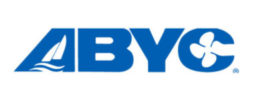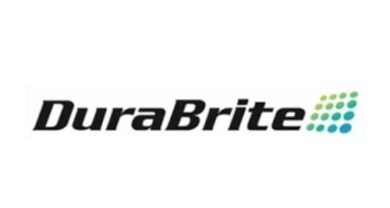The infection you try to catch
The average American is exposed to between 250 and 3,000 advertising messages per day, depending on which study you believe – and there are dozens. But using even the most conservative estimates, it’s safe to say that consumers receive thousands of product pitches, in one form or another, each month.
Not surprisingly, most fail to make any impression on the vast majority of those who see or hear them. We don’t make the conscious decision to ignore ads; rather, our brains learn early on to filter out most of these overt come-ons.
Viral marketing utilizes a much more subtle approach to selling, one that often allows it to seep through those filters, as Discover Boating officials understood when they created and released the short film “Good Run” earlier this year.
The nearly four-minute movie was directed by a Hollywood cinematographer with several Oscar nominations and depicts an old man looking back on a lifetime enriched by boating. His cherished memories of time spent with his loved ones are intertwined with the water every step of the way.
The film is classic viral marketing. It doesn’t directly tout what it’s trying to sell because, with viral marketing, the ad itself is the focus. The “advertisement,” in whatever form it’s delivered, is designed to be entertaining or intriguing, and the product, in this case boating, is only tangentially related. The goal of viral marketing is to create an ad that is good enough to make people want to share it. Once the ad is released, its creators have no more control, and it will die or spread based on its own merit.
“Good Run” seems to be spreading. One month after it was posted to the video-sharing Web site YouTube, the film had been viewed almost 25,000 times. It was also posted to Yahoo Video, iFilm, MySpace, AOL Video and others, as well as many industry Web sites. Several major newspapers have also mentioned the film in articles, including the Chicago Sun-Times and the Chicago Daily Herald.
Success and failure
Discover Boating’s foray into the world of viral marketing reflects a larger trend among businesses looking to try a new approach to capturing the customer’s attention.
A poll of 273 U.S. advertisers by Internet market research firm Jupiter Research in April 2006 found that one in five online advertisers said they would try viral marketing in the coming year.
One of the companies in the retail world to best take advantage of the viral marketing concept has been the Burger King restaurant chain. The company developed a series of videogames with Microsoft’s Xbox division that sold, at $3.99 apiece, more than 2 million copies in just over one month, according to an article in Business 2.0 magazine. The games, which featured characters like the BK King participating in races or other competitions, were some of the most popular of 2006. But more importantly, Burger King credited them as being an important component of a 9 percent revenue leap the company enjoyed during one quarter that year.
However, the power of viral marketing can cut both ways. In January, two men working to create a “buzz” in advance of a summer movie paralyzed the Boston area when three-dozen light boards they placed throughout the city were mistaken for bombs and brought the transportation system to a halt.
The general manager of Cartoon Network, which airs the television program on which the movie was based, resigned nine days after the stunt, and Turner Broadcast System, which owns Cartoon Network, soon paid the city $2 million in restitution.
For good or bad, there’s power in viral marketing. Whether the “Good Run” video will ultimately payoff by helping bring new boaters into the fold remains to be seen. But it’s nice to see Discover Boating using the most innovative approaches at its disposal to ensure the industry’s message is spread.
— Jonathan Mohr




